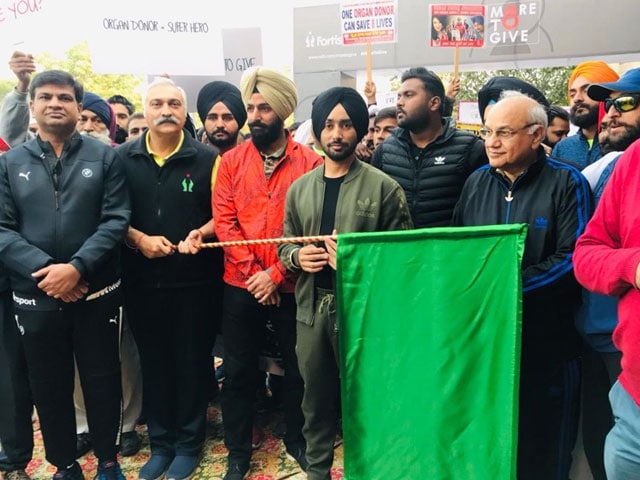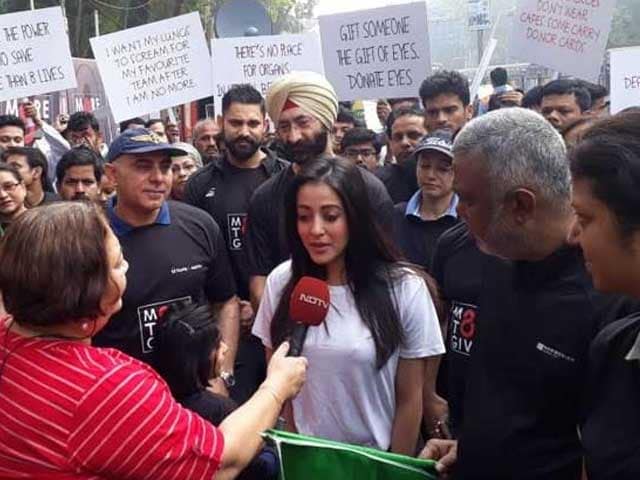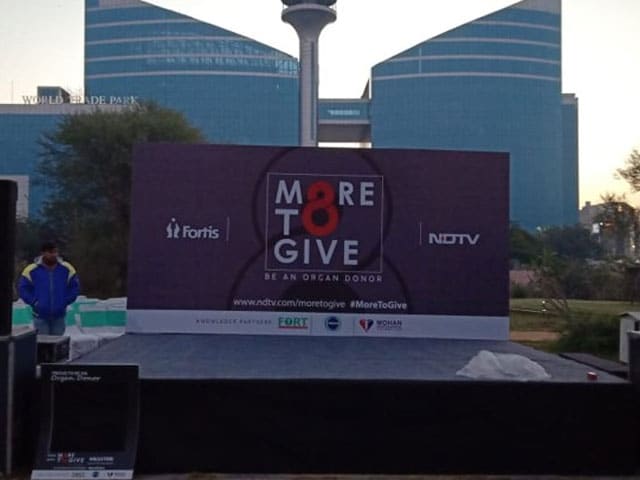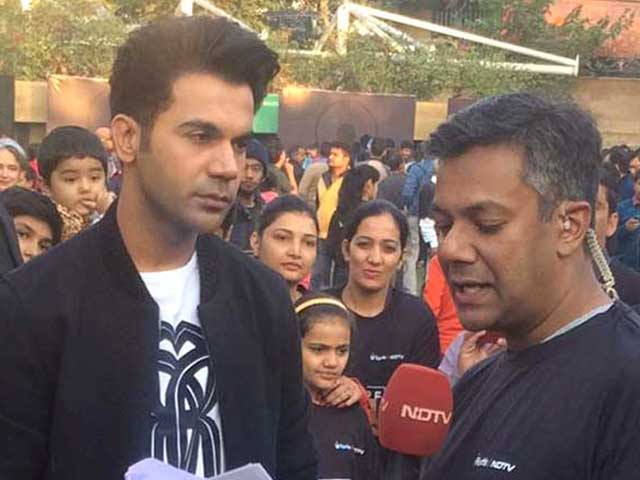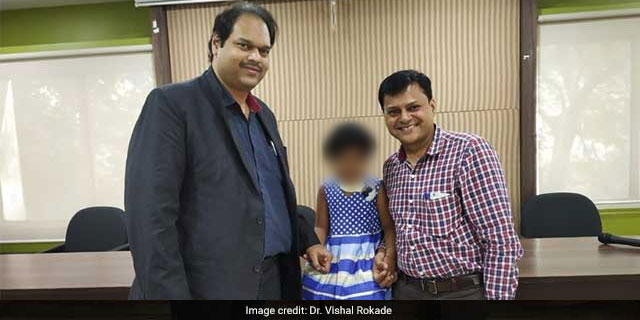
New Delhi: For The first time in India, a team of talented neurosurgeons performed a skull transplant giving a new lease of life to a 4-year-old girl in Bharati Hospital in Pune. Suhani (named by the Doctors), met with an accident in 2017 and underwent two critical surgeries then. The accident had left the child with a deformed cranial structure. There was practically no medical solution available in India to manage this deformity.
It was an extremely urgent situation. The girl was brought to us in an unconscious state and she was bleeding profusely. We immediately put her on ventilator and conducted a CT scan, said Dr. Vishal Rokade, the neurosurgeon who performed the transplant.
CT scan results showed malignant cerebral edema, which is heavy swelling in her brain and a fracture in the occipital bone, which is the rear bone of the skull, and it was slightly compressing over the brain. This lead to excessive accumulation of fluid in the spaces of the brain. This is a rare yet fatal complication due to the traumatic brain injury.
After the CT scan, it was revealed that if something was not done to remove the clot, then the child might die. We had only one option, to remove the skull, and we opted for it, Dr. Jitendra Oswal, Deputy MD of Bharati Hospital said.
Doctors removed the damaged bones of the skull, refrigerated them with the aim to re-implant once the swelling subsides. But the bones were discarded as they had turned black due to the nature of her injury.

Suhani, after the first surgery
Also Read: Organ Donation: Four People Begin Their Second Innings, Thanks To A 65-Year-Old Brain Dead Man
When she came for a follow up she was walking alone, talking independently and required minimal assistance, Dr Rokade added.
Although the surgery was a success, the significant cavity on the sides and back of her skull left Suhani emotionally disturbed.
As per Suhani’s mom, She used to be a chirpy child who loved playing outdoors and making friends. But the accident and a disfigured head left her low on confidence. She became hesitant to even interact with her friends. She often touched her head as if wondering when this cavity would fill and she would also look like her friends and other kids. Seeing her fight battle these thoughts was extremely painful for us. The very thought of what kind of challenges she would have to face in life due to disfigured head, made us feel helpless.

Suhani with her parents
Having taken care of Suhani from the day the she was admitted into the Hospital’s emergency, Dr Rokade; Dr Jitendra Oswal, Professor of Pediatrics & Deputy Medical Director at the hospital and Dr Bhakti Sarangi, Paediatric ICU (PICU) In-charge, were determined to find a solution for her.
Announcement of CCI by the US company appeared like a ray of hope and the entire hospital team got on to the voyage to support this little girl.
Also Read: In A First, Rajasthan Issues Driving Licence With ‘Organ Donor’ Logo
But it wasn’t an easy search. On one hand, her growing age posed a significant challenge to cover the defect and on the other, there were no proven modes to treat this in India.
The options available were many but nothing was proven and tested to give best results. Worldwide surgeons have used the patient’s own rib grafts, parent’s skull bone, titanium mesh, peek mesh, PMMA implant etc. but due to growing age many times implant migrates or disfigures the head shape. Also, using rib grafts or the parent’s skull bone would have caused additional trauma to the child and her family, Dr Rokade avers.
Just like the phrase ‘Every cloud has a silver lining’, the CCI technology, which was launched in December in India, came as a ray of hope for both Suhani and her family.
With this new technology, the implant can be customised as per the anatomical structure of the patient to fill the cranial bone cavity. Since it was the first-of-its-kind in India, Dr Rokade had initial apprehensions about conducting the procedure but after extensive research and consultation with surgeons from across the world, he decided to go ahead.
Also Read: Organ Donation: 15-year-Old Brain Dead Girl Brings Joy To At Least Five People In Kolkata
Elaborating on the technology, Dr. Rokade states, We selected polyethylene material as its bio-compatible, porous and light weight. The pores in the CCI implant are interconnected and omni-directional, which helps in fibrovascular growth of the surrounding tissue. Also, the customization aspect gave us an advantage to trim and perfectly fit the implant as per the exact defect in the patient’s skull.
The girl was admitted in the hospital for almost two months and she will be under observation till she is 14-year-old. According to Dr. Rokade, she is already attending school and looking at her, it’s hard to tell she has gone through a skull transplant.

According to Dr. Rokade, looking at Suhani now, it is hard to tell she went through a skull transplant
NDTV – Fortis More To Give campaign aims to promote organ donation and encourage Indians to take the pledge to be an organ donor. India has among the lowest rates of organ donation in the world at 0.5 donor per million population, which is far less compared to over 30 donors per million in some western countries. On an average, five lakh Indians die every year unable to get an organ transplant in time due to the shortage of organs. Every year on National Organ Donation Day on November 27, a Walkathon is organised across different cities of India to raise awareness, bust myths about organ donation and encourage people to become organ donors. Over the years, the campaign has gathered support from celebrities like actor Irrfan Khan, Swara Bhasker, Gul Panag and Former Indian Hockey Captain Sandeep Singh.



